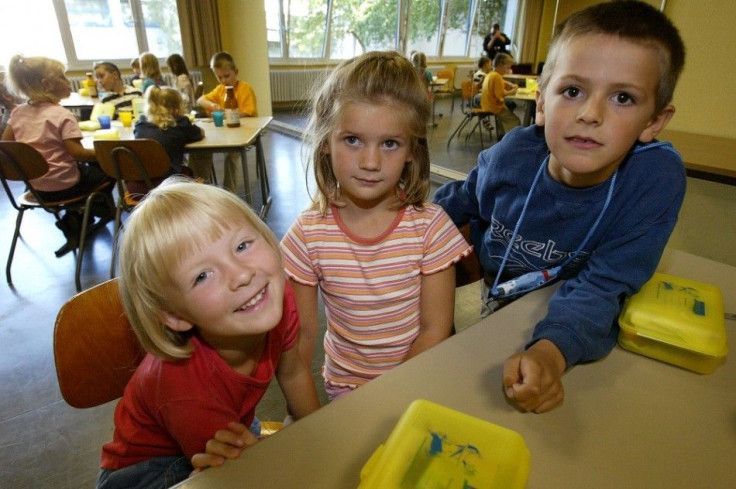Canada’s “Pathways to Education” Helps to Raise Academic Excellence among Deprived Sections

Canada’s Pathways to Education has emerged as a significant contributor and role model in offering educational support to students from disadvantaged sections for their high-school graduation and postsecondary enrolment.
This was stated in a report released by the C.D. Howe Institute, “Evaluating Student Performance in Pathways to Education,” authored by Philip Oreopoulos, Robert S. Brown, and Adam Lavecchia, which highlights success stories from Pathways sites in Toronto.
Impressive Outcomes
In the Regent Park public housing site, Pathways was able to increase high-school graduation by 15 percentage points and postsecondary enrolment 19 percentage points. Its Education programme is basically a community-driven and is comprehensive as a support programme to improve academic outcomes among those entering high school from non-privileged backgrounds, reported Canada Free Press.
The programme uses a variety of tools to achieve the desired outcomes, which include mentoring, tutoring, counselling, postsecondary transition assistance, and incentives to excel.
First Project
The project made its start at Regent Park in Toronto in 2001 and then expanded to all parts of Canada. In addition to Toronto, the programme spread to Halifax, Hamilton, Kingston, Kitchener, Montreal, Ottawa, Shawinigan, and Sherbrooke, Mashteuiatsh and Winnipeg.
“The Pathways programme has an impressive array of support to disadvantaged youth over their entire time in high school,” noted Oreopoulos, one of the co-authors of the report.
The programme maintains its lure from the financial gains that the programme can yield. That aspect offsets all concerns on direct costs. According to the co-author, the benefits from higher education such as better health, increased job satisfaction, lower crime and lower unemployment, makes the programme very promising.
The C.D. Howe Institute applies independent research and analysis to major economic and social issues that affect the quality of life of Canadians. It maintains a global perspective by studying the impact of international factors on Canada and tries to bring insights from other areas of Canadian public policy.
Federal Funding
Meanwhile, the Federal government is also encouraging groups to be active among the disadvantaged sections. Recently, three groups specialised in helping people with disability to secure employment, received financial assistance from the Federal government.
Sault MP Bryan Hayes personally attended the Sault YMCA function recently, where $1.1 million in federal funding was announced for three different programmes. The eligible groups were the Sault YMCA, the Sault March of Dimes office and Positively Charged, which has been helping youth, facing various challenges and disabilities to join the workforce, reported Sootoday News.
"Workers with a disability tend to work harder than other employees and stay longer on the job than other workers," noted Joan Teresinski, Manager, Sault March of Dimes.
(For feedback and comments, contact the writer at kalyanaussie@gmail.com)






